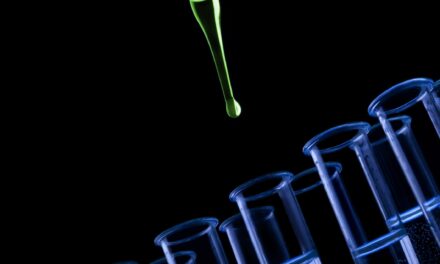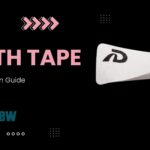Harmony Biosciences Holdings Inc has received a refusal to file letter from the US Food and Drug Administration (FDA) for pitolisant for the treatment of excessive daytime sleepiness in adult patients with idiopathic hypersomnia (IH). According to the FDA, a refusal to file “is not a final determination concerning potential approvability or the scientific/medical merits of the application; instead, it is an early signal to the applicant that the application has omissions or inadequacies so severe as to render the application incomplete on its face or to introduce significant impediments to a prompt and meaningful review. It is an opportunity for the applicant to develop a complete, new submission.”
Jeffrey M. Dayno, MD, president and CEO of Harmony Biosciences, says in a release, “We are disappointed with this short-term setback, but our long-term strategy for pitolisant in IH remains firmly on track with our focus on Pitolisant HD. We made the decision to submit the [supplemental new drug application] based on our belief in pitolisant’s overall benefit-risk profile in IH and our deep commitment to the patient community, despite the challenge associated with this submission. Our long-term business strategy has always been to extend our leadership in sleep/wake through the development of Pitolisant HD, an enhanced and higher-dose formulation, which represents the more significant opportunity in IH given its optimized profile and provisional patent filed out to 2044. We are on track to initiate a phase 3 registrational trial of Pitolisant HD in IH in Q4 2025, with a target [Prescription Drug User Fee Act] date in 2028.”
Kumar Budur, MD, MS, chief medical and scientific officer at Harmony Biosciences, says in a release, “Our planned phase 3 registrational trial, a double-blind, randomized, parallel-group study in patients with IH, is based on input from the FDA. We believe this study design will effectively demonstrate the benefit of pitolisant in patients with IH based on the robust clinical response that was observed in the phase 3 INTUNE Study. We are grateful to the patients and clinicians who participated in the INTUNE Study, and our commitment to these patients remains steadfast. With the initiation of this pivotal phase 3 trial in Q4 2025, we will continue to advance pitolisant-based treatments to address their unmet needs.”
The primary outcome for excessive daytime sleepiness between pitolisant and placebo did not reach statistical significance in the randomized withdrawal phase of the phase 3 INTUNE Study, Harmony points out that the data from the open-label phase showed that patients experienced improvements on the Epworth Sleepiness Scale that were five times greater than what is recognized as clinically meaningful. Furthermore, the majority of patients in the long-term extension study achieved normal levels of wakefulness and sustained this response beyond one year.
Harmony’s diversified pipeline and commitment to advancing science in sleep/wake and rare neurological disorders remain key drivers of its long-term vision. The company continues to execute on its strategic priorities and is confident in its ability to deliver sustained growth.
Pitolisant is marketed as WAKIX in the United States for the treatment of excessive daytime sleepiness or cataplexy in adult patients with narcolepsy, and for the treatment of EDS in pediatric patients 6 years of age and older with narcolepsy. Pitolisant is not currently approved for IH.
Harmony’s 2025 net revenue guidance of $820-$860 million remains unchanged.
Learn More About Idiopathic Hypersomnia:
ID 204545624 © Grandbrothers | Dreamstime.com










